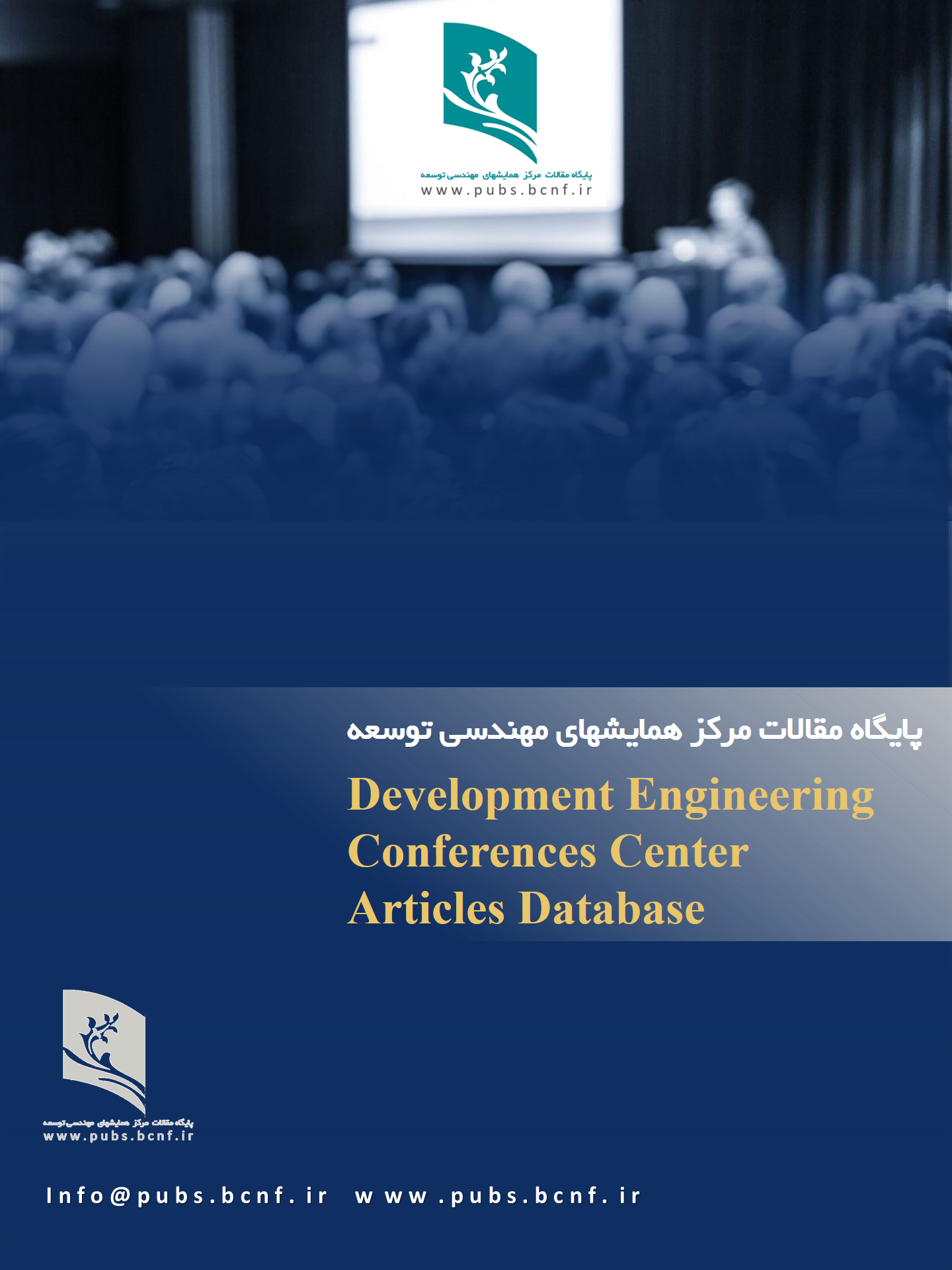The Effect of Selected Exercise Program on the Learning of Fundamental Motor Skills in Children with Intellectual Disabilities
Keywords:
Children, Intellectual disabilities, Selected exercise program, Fundamental motor skills, Learning, SchoolAbstract
Children with intellectual disabilities suffer from many problems in the cognitive and motor abilities areas. Despite this, the amount of motor activities was still clearly low and needs more research. Our aim in this study was to investigate the effect of a set designed exercise program on the learning of fundamental motor skills in children with intellectual disabilities. After diagnosing children as intellectual disabilities (aged 10-15) by experts, participants (30 girls and 30 boys) were divided into experimental (15 girls and 15 boys) and control groups (15 girls and 15 boys). The design of the study was semi-experimental including an independent variable, a pretest and a posttest. Having considered the research hypotheses using descriptive statistics and one-way analysis of covariance, the results of one-way analysis of covariance show a significant difference in posttest scores between the two groups. The results of the study show this our designed exercise program increases the score of fundamental motor skills and facilitates the learning of fundamental motor skills in children with intellectual disabilities, because it was designed scientifically verified criteria by us that can be effective in motor learning of fundamental motor skills.
Downloads
References
[1] Bartlo, P., & Klein, P. J. (2011). Physical activity benefits and needs in adults with intellectual disabilities: systematic review of the literature. American Journal on Intellectual and Developmental Disabilities, 116(3), 220–232.
[2] Evaggelinou, C., Tsigilis, N., & Papa, A. (2002). Construct validity of the test of gross motor development: A cross-validation approach. Adapted Physical Activity Quarterly, 19(4), 483–495. https://doi.org/10.1123/apaq.19.4.483.
[3] Gabbard, Carl. (1948). Lifelong motor development / Carl P. Gabbard. San Francisco: Cummings, 444..
[4] Ulrich, D. A., & Sanford, C. B. (2000). Test of Gross Motor Development, 2nd Edn Austin. TX: Pro-Ed.[Google Scholar].
[5] Sutherland, G., Couch, M. A., & Iacono, T. (2002). Health issues for adults with developmental disability. Research in Developmental Disabilities, 23(6), 422–445. https://doi.org/10.1016/S0891-4222(02)00143-9



